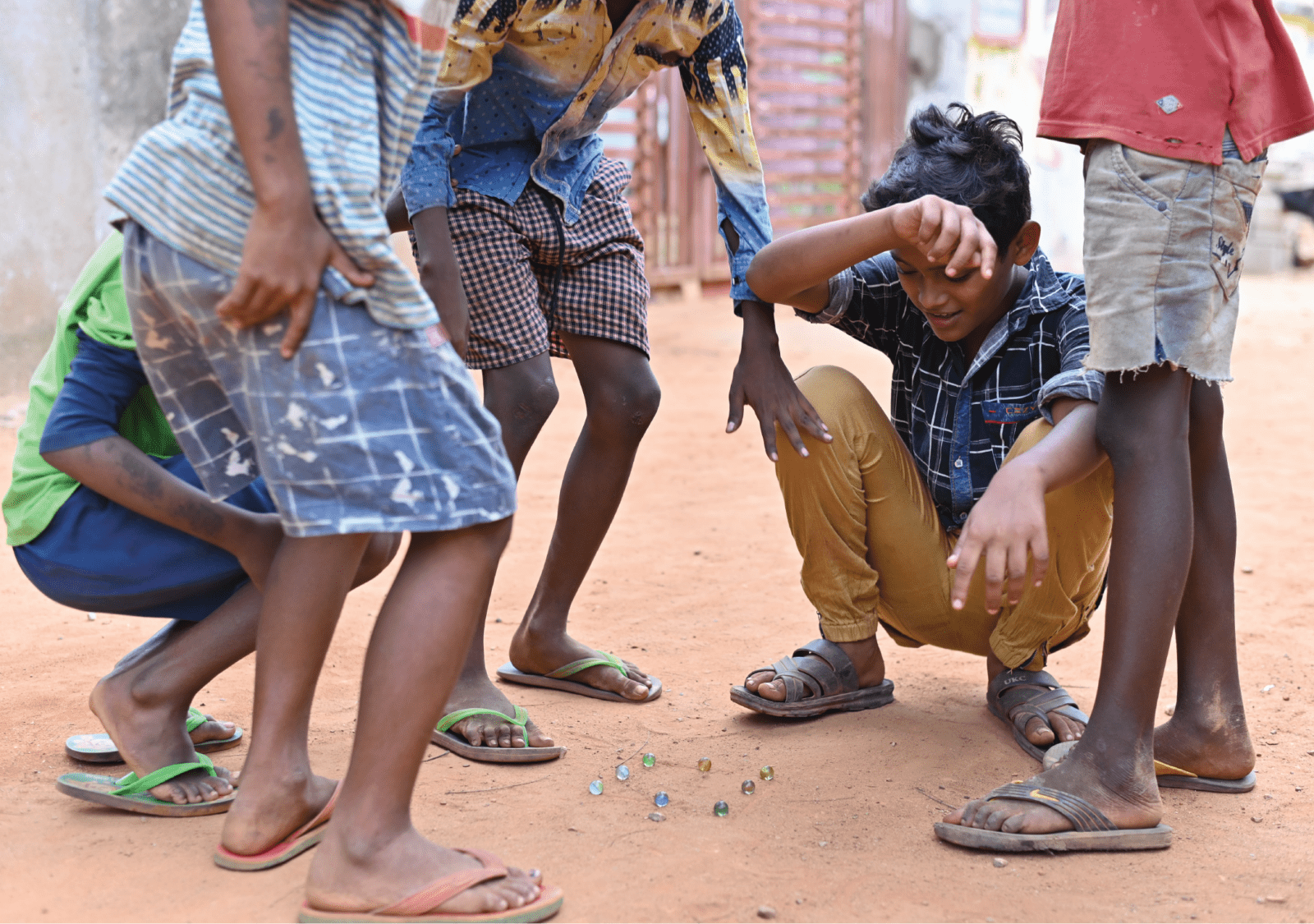The word “play” conjures up an amalgamation of vivid memories. For some, it could be the spectacular sensory experiences of propelling paper boats in water and building sand castles, while for some others it may be the mind-boggling stories they weaved when playing ghar ghar or office office.
It is only when one zooms out to take a quick look at the small childhood events that made up their personalities when the role of playtime takes shape. The ingenuity you used to build objects out of scrap, the boundless creativity that set loose in games of make believe, the physical strength and athleticism that loomed large over a game of cricket—all byproducts and elements of play that shaped your being in unimaginable ways.
The impact of play is described in numerous scientific studies as well. The role of play in the physical, mental and emotional development is well researched as well. Let’s recapture and take a quick dive into 5 essential benefits that children are set to enjoy from play.
1. Physical Growth – Development of Fine and Gross Motor Skills
Running, jumping, hopping, skipping, leaping, crawling and the likes are gross motor skills that become stronger and develop as children play. Smaller movements such as grasping are also practiced through play. Add to these, the endorphins released during play boost their mood. Play certainly becomes more than tumble and toil.
2. Social Empathy and Awareness
Driving a merry go round in a group, pulling the opposing team in a game of tug-of-war, and negotiating a strategy in a game of hide and seek are not only exemplars of games best played with friends, they also exemplify the many small but wonderful and essential social skills that children gain to learn. When children come in groups to ideate, plan, organize, and implement, they learn numerous skills on the go. Effective communication, collaboration, and empathy are key skills that children are introduced to in play, helping them not only to build friendships for life, but also contribute to healthy mental and, our next great benefit, emotional wellbeing.
3. Emotional Well-Being
Picture a child getting lost in the act of painting a picture or in solving a stunning puzzle. The magic happening there is their minds and hearts getting engaged in fruitful actions. Team wins, team losses, enacting in plays, participating in group dances and the likes are incidents that develop vital understanding of emotions such as joy, sadness, pride. These life events are their first brush of complex emotions, which then proceed to mould their personalities.
4. Cognitive Growth
When combined with learning, play becomes a mode of getting acquainted with complex reasoning skills. Learning how to focus on a subject and the development of their memory are veritable by products of play. Literary skills, having to name things or learn their meaning, numerical skills, having to count stuff, and organizational skills, having to collect and arrange elements of play, are key gains of play as well.
5. Creativity Peaks
Creativity is an expression of self, and childhood is the peak of self-expression and creativity. Right from forming imaginary friends and tales, to making best out of waste creative play puts children in charge of imagining a world and bringing it to life with their actions. A creative mind is most sought after in the workforce. Creativity hunts down problems and brings up solutions, thereby creating world leaders. It is no surprise then that great minds often advice keeping the child in you alive, for here is where lies your creative best. Creative play also boosts confidence among children as they learn to trust their innate curiosity.
Play opens the flood gates to a slew of other important skills such as sensory development, language development, physiological development and self-confidence. Children only need safe, accessible and nurturing spaces to let loose and play for the magic of play to unravel.
We are celebrating the very first International Day of Play this year, are you?





